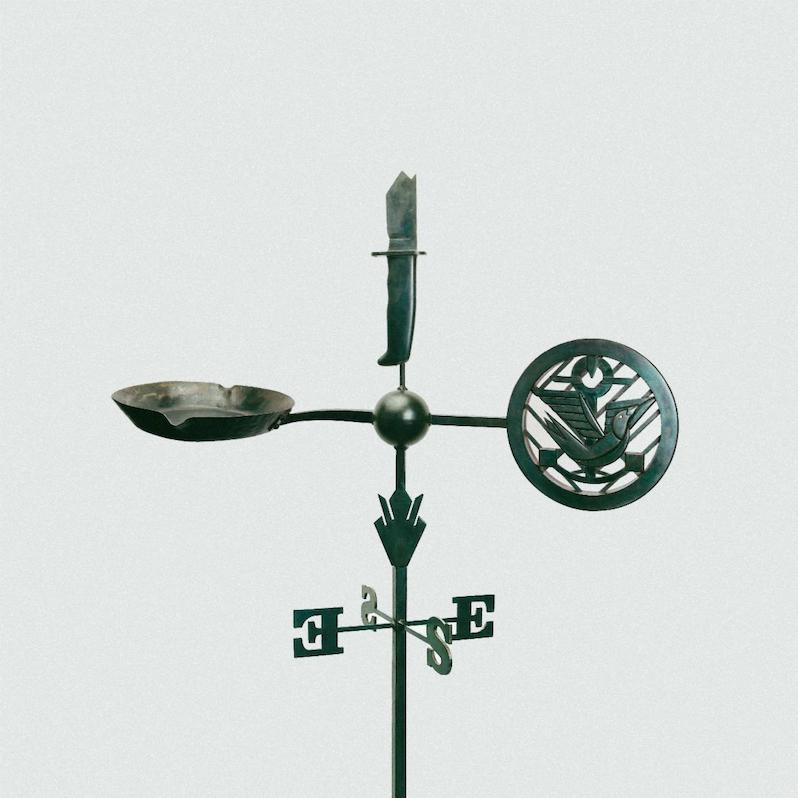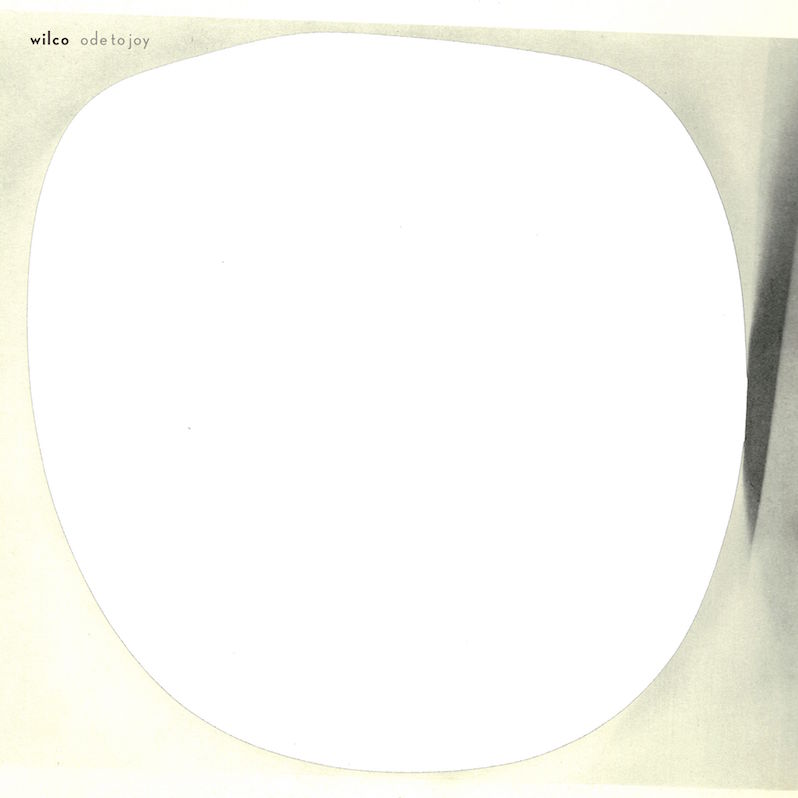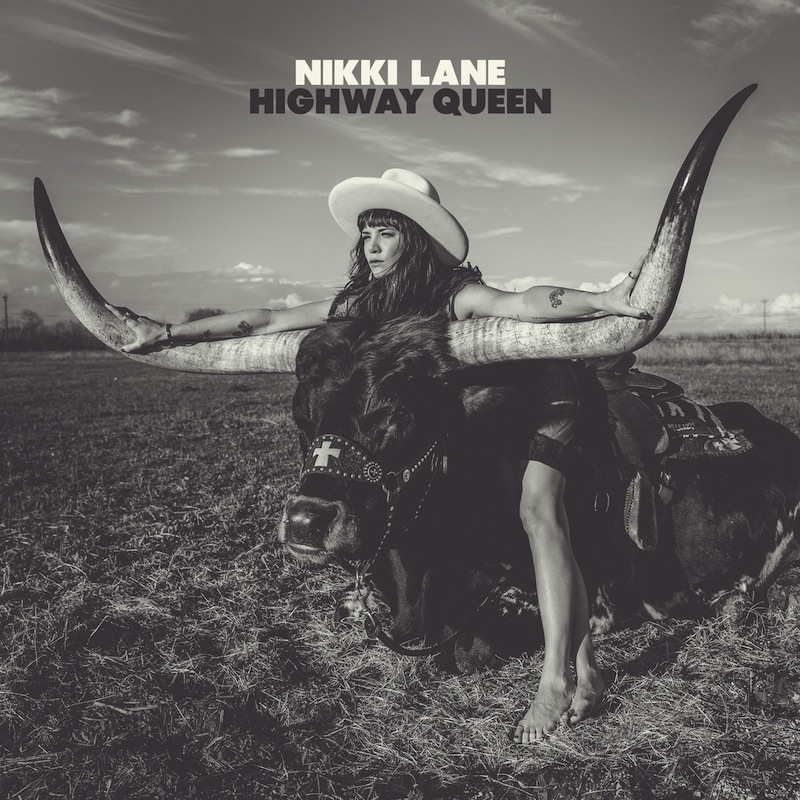Jason Isbell and the 400 Unit : Weathervanes

Something in me has to be overcome to understand a new Jason Isbell record. It’s the trouble with growing close, like God watching people on the earth, like a child watching ants, to the body of work of an artist you adore, that’s meant so much to you, that was your salvation once in the depths of the depression and the drink in the days after the ward. It turns out love casts a long shadow, resists the shape of anything that isn’t self-similar, even if its uncannily close. This blockage struck me first with Something More Than Free, his solo follow-up to Southeastern, a record so fundamental to reshaping his life and compositional approach that he named his record label after it. That second record, uncannily close, was just different enough that it felt like wearing a crude facsimile of the suit you wore to your father’s funeral or your own wedding, close enough to cause grave discomfort. Years later, I’d throw it on casually and it blossomed like a flower. But not at the time.
The first few plays of this record felt similar to me. The stakes here are, for the most part, lower; his tendency toward anthemic driving songs is largely tempered, leaning instead to portraiture that is intimate but lacking the at times morose gravitas that made Southeastern so affecting. That perspective shift is understandable. Isbell is older now, in his mid-40s, and if aging myself has taught me anything its that the tumultuousness of the sea inside of your heart does at long last begin to slowly quell as the years tick on, not because you care less but because you have more perspective. And that, once freed of that tortures of the melodrama of being, you can begin to see more clearly the fine details of being and accept that fundamental literary urge that makes both great novels and great country songs, which is that a little detail doesn’t actually have to signify anything beyond itself at all, that it’s allowed to simply be itself, to reveal itself in the rawness of being free from the chains of being a signifier. That you can feel the numinous and holy and profound in all the little things, without need for great drama.
This muted atmosphere doesn’t mean that suddenly the songs turn drab. On The Nashville Sound, Isbell swore off the miserablism that marked some of his earliest and best work, and that sense largely holds here. This is not the sound of a grown man moping; it’s a document of life. To a certain mindset, this might sound boring on paper and, to their brief but misguided credit, there are fewer fireworks here than on previous records either by the 400 Unit or Isbell solo. Even their most recent record Reunions leaned on a post-R.E.M. sense of country-rock melodicism and anthemic punch that this record largely avoids; it is clear that, especially in the wake of Georgia Blue, their cover record released in the wake of Georgia turning blue for the 2020 election, they wanted to dig deeper into those smaller intimacies. Which is part of what makes tracks such as “Save the World” and “When We Were Close” strike so deep in the heart. That album-length discipline to stay the hand makes these tunes which clearly surge out with distortion to seize your throat that much more powerful. The former, a song written in the wake of the Uvalde shooting, will rattle the soul of anyone who gives a shit about all those kids and rages with fury at the coward cops who let them die; the latter, a reflection on the growing distance between friends as time rocks on, is something that stings more and more with age, the largely gentle approach to the lyrics feeling more emotionally punishing than histrionics would be for a topic like this. Age and time mute certain melodramas but also twist the knife of self-awareness, reflection, the fallibility of ourselves. It’s a powerful weapon.
On “Be Afraid” from Reunions, Isbell decried the approach of stadium country artists making songs to placate rather than incite the necessary flames of the heart in troubled times. On Weathervanes, he seems to have done necessary reflection on that thought, formed formidable antitheses, asked the right questions: if we are to make art of things other than the necessary political fires that lap at our ankles every day, what should they be, how should they carry themselves, where should the eye linger? I wish there was a way to make this record make sense to someone younger than me, make it resonate with a younger me, but I feel strongly this one will wind up slipping gently behind the other works of his oeuvre, not for being of lesser quality but by requiring a bit more life under the belt of the listener for its weight to finally hit you in the heart. A great country record should make you cry a complex cry, one that’s part anger and part hurt and part lonesomeness and part joy and part dream and part memory. Weathervanes does, as expected, because it’s a record by the best hand in the country music world currently. And hopefully I’m wrong and it finds the hungry and willing audience it deserves.
Label: Southeastern
Year: 2023
Similar Albums:
Langdon Hickman is listening to progressive rock and death metal. He currently resides in Virginia with his partner and their two pets.




